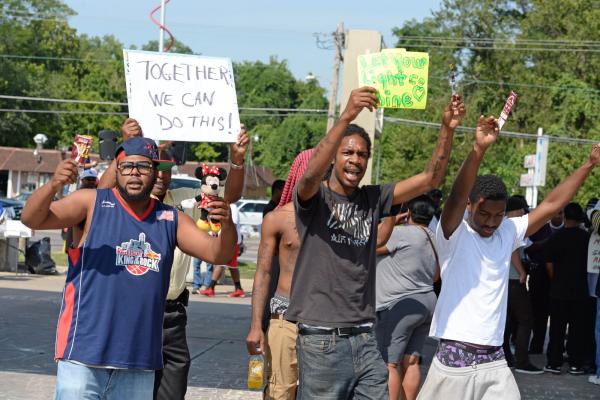Sep 27, 2017
The test for religious leaders in this context has been nothing short of a demand for a prophetic voice which sees, names, and challenges the reality of a system that destroys the lives of some while parading as “law and order” for others. Faith leaders are finding themselves tangled in a quagmire of competing rhetoric about what makes for peace, walking the line of proclaiming prophetic vision amid a culture, a church, and a people tightly wrapped in the clutches of white supremacy.
Read the Full Article

Already a subscriber? Login
